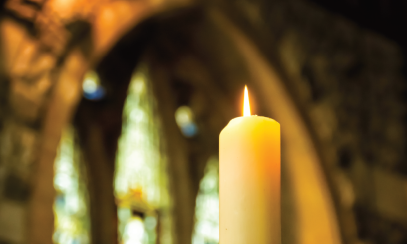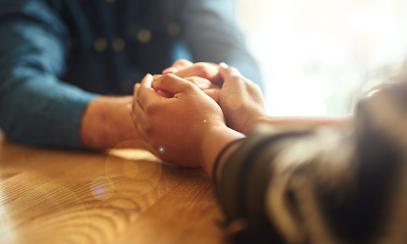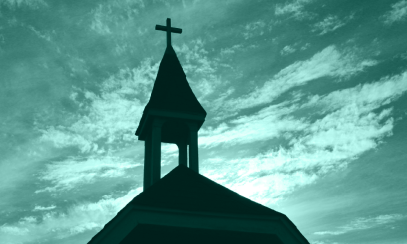How do I report liturgical abuse?
Q. My priest seems to make a lot of mistakes at Mass that I think may be liturgical abuses – is there something I should do about this?
Q. My priest seems to make a lot of mistakes at Mass that I think may be liturgical abuses – is there something I should do about this?
A. Thank you for this question! In many ways, you’ve captured an important element of our lives as Catholics right now and summarized so many questions – let’s get right to it!
First, let’s acknowledge a good thing – you have a desire to protect the Mass and be sure its celebrated right. This is a good and holy thing. When we celebrate the Mass together, it is important that we maintain and celebrate our connection to all Catholics in heaven and on earth. Local customs are good and important expressions of regional spirituality and can enhance the way a believing community worships, but too much local expression can muddle the more important connection: namely, that connection to Holy Mother Church.
With that in mind, I’d ask you to take a step back and consider some things to help you decide what to do. As a priest, you’ll find many of us can be particularly sensitive to people accusing us of abusing the Mass. At the core of the priesthood is the Eucharist we celebrate and, the phrase “liturgical abuses” is, in my mind, a conversation stopper, not the beginning of a dialogue. So, my first piece of advice is that you should assume the priest loves the Mass and would not wish to abuse it. If you start from that perspective, any dialogue you have with him will go much, much better.
The second thing I’d invite you to consider is that one of the great challenges to being a priest right now is that the Catholic world seems to have an overabundance of experts on liturgy. A priest who does little but write articles and give interviews about the failings of other priests is not an expert – I often think of the quote from President Roosevelt about how there are people who “do” and people who criticize the doers. When the people to whom we go for information on the Mass and on being Catholic are people more intent on evaluating others than actually getting out and serving God’s people in real and tangible ways, then we need to turn them off in every sense of the word. As Catholics, we need to be better than that.
Remember that you don’t know what you don’t know. One time, a man approached me after Mass, angry that I gave Communion to a boy who was wearing a hat. He was outraged at his perception that the boy was disrespectful. I had to explain to him that the young man had a brain tumor and recent surgery had left his head disfigured in such a way that exposure was simply too much for a 11-year old boy to handle. Had the man asked me a question instead of attacking, it would not have been such an embarrassing moment for him.
This brings me to raise another point: I think it is important to ask ourselves if our need to monitor liturgy and make sure it’s perfect is sometimes a need on our part to control. There are some folks who simply can’t sit at Mass without evaluating it and making sure it is in accordance with their interpretation of the law. I invite all of us to pause and see if that is what we are dealing with here.
If you really believe there was something about the Mass you attended that rendered it invalid or illicit– for example, the priest used invalid matter for the Eucharist, or neglected to use the words of consecration – talk to him first. If that doesn’t work, then you may write to the bishop. Remember to sign the letter and include your address.
As Roman Catholics, it is an important part of our tradition that things be orderly and precise – this historical precedent goes back a long way. However, what we must never do is let that need for order translate into a strange sort of “Catholic fundamentalism.” Remember, salvation is a messy business. God took flesh and came among us, and he chose to do so at a very confusing and crowded time. Sometimes, our desire for a “perfect Mass” can prevent us from seeing the beauty present in every Mass.
Enjoy another day in God’s presence.



